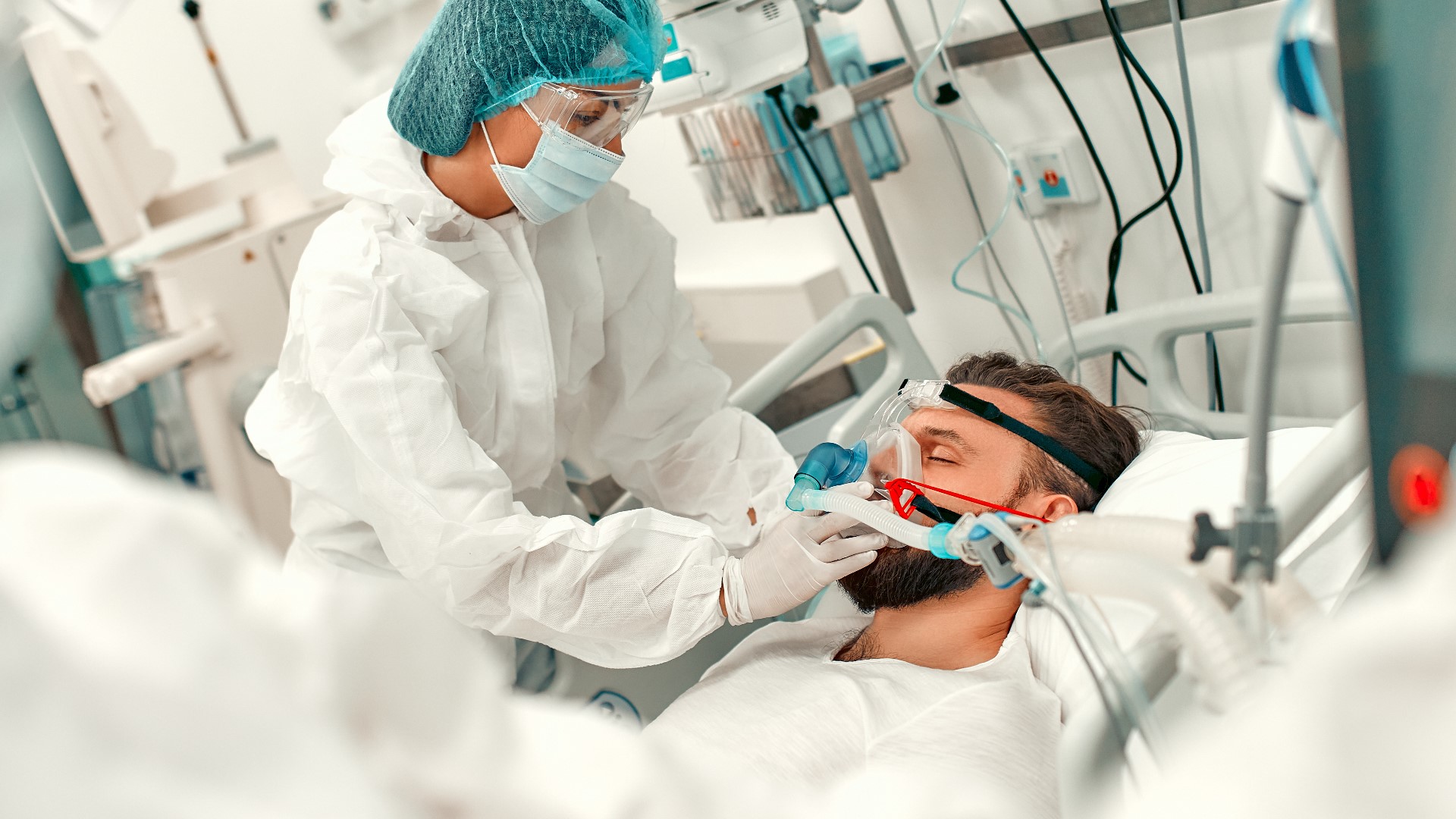LANCASTER COUNTY, Pa. — The Pennsylvania Department of Health is expected to release details on the Commonwealth's post-vaccination COVID-19 case data on Sept. 14.
Officials will reveal what Pennsylvania hospitals are currently seeing on a daily basis when it comes to COVID-19, as the daily number of cases has been surpassing 4,000 statewide.
Post-vaccine data is often referred to as "breakthrough cases." Breakthrough cases occur when an individual gets infected with COVID-19 even after receiving their vaccine, according to the CDC. Technically, it's when an individual tests positive more than 14 days after they've completed their full one or two-dose vaccine series.
According to Johns Hopkins University, breakthrough case data is essential for tracking and monitoring vaccine efficacy.
Health experts have said it's important to keep in mind though, that breakthrough cases are normal and expected. Still, they say, the data should be shared. When comparing unvaccinated individuals to those who are vaccinated and experiencing a breakthrough case, the virus symptoms were less severe, for example and the public should know that.
Because the CDC only reports breakthrough cases that result in hospitalization, complete data is put on state health departments. This can create a gap regarding transmission and vaccination status.
Officials say every state needs to describe the vaccine status of those who test positive, are hospitalized with the virus, and who die of COVID-19.
The press conference is scheduled for 2 p.m. on Tuesday at the Lancaster General Health Suburban Pavilion. Acting Secretary of Health, Alison Beam, will be joined by Dr. Michael Ripchinski, chief clinical officer for Penn Medicine Lancaster General Health.
According to Johns Hopkins University, only 35 states are reporting data, and only a portion of them are doing so in a useful format. They say consistent reporting of this data across all 50 states is crucial.
Pennsylvania is not one of those states revealing date on breakthrough cases, but that could potentially change following this press conference with the Pa. Department of Health.

